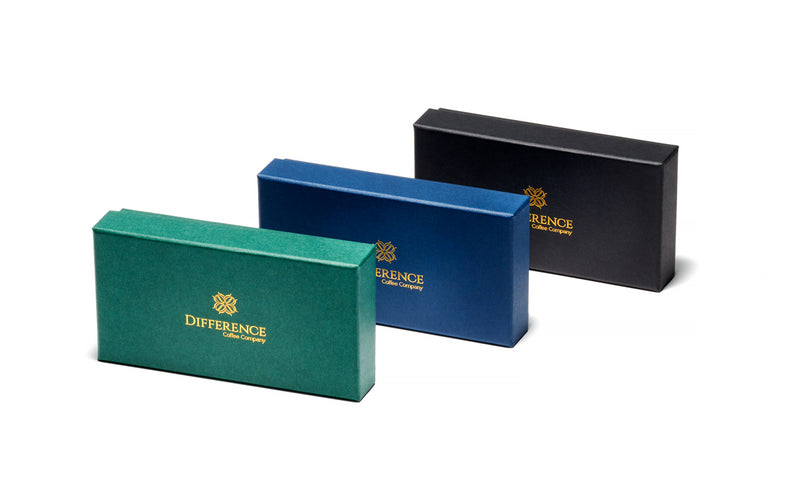Italy is undoubtedly one of the world’s greatest gastronomic nations. Its famous foods include such culinary icons as San Marzano tomatoes, Parmigiano-Reggiano cheese and fine balsamic vinegar from Modena and Reggio Emilia. One beloved “Italian” product that does not belong with those examples is coffee.
“Italian coffee” is one of the most misleading labels in the world of coffee. Coffee is not grown commercially in Italy, and Italian roasters use the same equipment and techniques available everywhere else in the world. We will go so far as to say there is no such thing as Italian coffee – it’s nothing more than a marketing term.
THE MYTH OF ITALIAN COFFEE
The easiest part of the Italian coffee myth to debunk is the idea that Italy grows, or somehow has access to different, superior coffee beans. It does not. Coffee grows commercially in approximately 50 countries, all close to the equator. Italy, and all of Europe in fact, is too far north for coffee plants to thrive. So, every coffee bean roasted, ground, brewed and consumed in Italy was imported, most likely from somewhere in Latin America, Africa, or Asia.
Compare the idea of “Italian coffee” to genuinely Italian products, or to other national icons like French wines, Scotch whisky and Holland’s Edam cheese, just to name a few. Many of these products even have their place of origin guaranteed by labeling laws. Coffee simply doesn’t have the same status among Italy’s home-grown foods and drinks.
ITALIAN COFFEE BRANDS
Italy does boast some very successful and internationally famous coffee brands. The best known are probably illy and Lavazza. Both these brands were founded and still are based in Italy, but they import coffee beans from all over the world. Smaller Italian roasters also purchase coffee beans from other countries. These roasters, large and small, might be Italian, but the coffee they sell is not.
If you're interested in the origins of a coffee, check to see if that information is on the packaging or a product descriptions. You might discover that you love, for example, coffees from Kona, Panama or Jamaica. Just don't expect to see Italy as a place of origin!
THE MYTH AND MARKETING
Coffee brands, roasters and coffee shops all over the world embrace the myth of Italian coffee and present their coffees as Italian. Nespresso and many compatible capsules, for example, uses Italian-sounding names for its coffees, but the brand is owned by Switzerland-based Nestle. From Starbucks to your local corner shop, coffee is often presented as if it’s Italian for marketing purposes.
So is it nitpicking to call Italian coffee a myth when Italian coffee brands, along with the country’s coffee culture, are so well respected? Perhaps. But consider that many other non-coffee-producing nations also have their own roasters, large and small, that import coffee from elsewhere and roast it in the same way the Italians do. Roasters in other countries, along with the places that actually produce coffee crops, unfortunately don't get the same recognition.
When you see the name “Italian coffee” on a label or coffee shop menu, understand that it’s a myth. It has nothing to do with Italy, and everything to do with marketing. However, investigating the origins of your coffee is something we always encourage. Look into the country or region of origin, the varietal of coffee bean and any other details you can find. (Hint: If you can't find this information, you're probably looking at a low-quality blend.) This kind of research is a great way to figure out what coffee characteristics you really love, which will help you buy better beans in the future.







